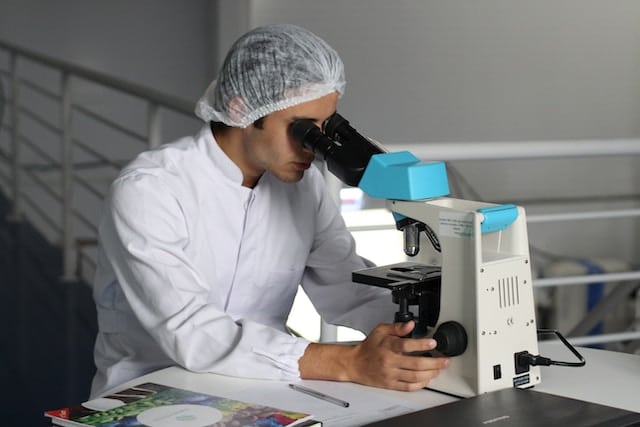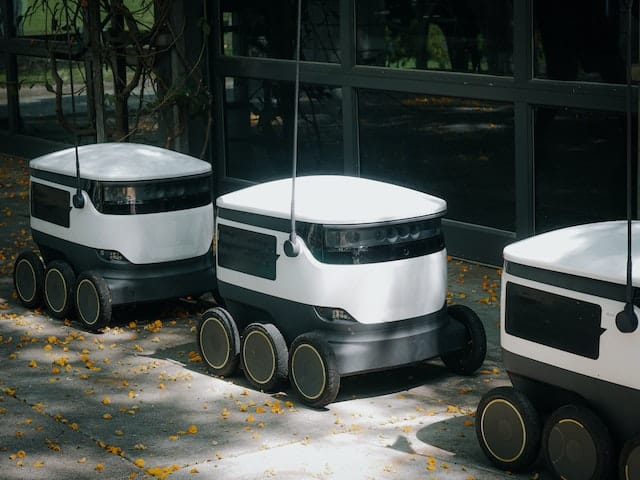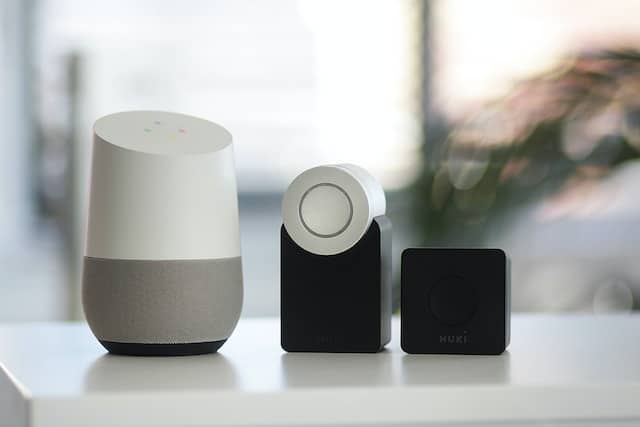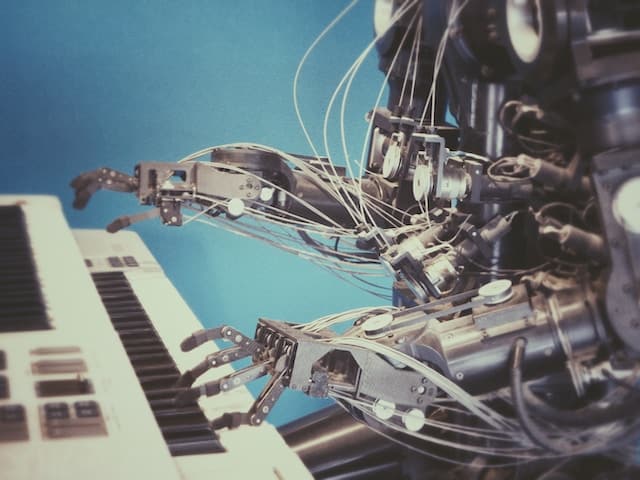AI in Healthcare – From Storybooks to Real Life
Once upon a time, artificial intelligence, or AI, was only in storybooks and movies. People dreamed about robots and smart machines, but it all seemed like make-believe. Now, AI has jumped out of the pages and onto our screens, helping doctors and nurses care for people who are sick. Let’s learn more about the amazing ways AI in healthcare is benefiting the world of medicine.
Table of Contents
What AI Does in Hospitals and Clinics
Finding Sickness Early
Doctors use AI to help them find sicknesses early. AI can look at pictures like X-rays and tests like blood samples to find problems, such as cancer, diabetes, or heart trouble. This helps doctors treat people early so they don’t get really sick. It’s like having a super-smart helper who never gets tired of looking for clues!
Helping with Surgeries
Some robots with AI are helping doctors in the operating room. These robots are very careful and can make tiny movements that humans find hard. This helps make surgeries safer, less painful, and helps people heal faster. Imagine a friendly robot holding the doctor’s tools!
Talking and Caring for Patients
Some hospitals even use AI to talk to people. These smart machines can answer questions and help people feel more comfortable. It’s like having a nurse that’s always ready to chat.
Making New Medicines
AI is a big help to scientists who are trying to make new medicines. The old way to do this took a very long time and lots of money. AI can read through piles of information quickly to find new ways to cure sicknesses. It’s like a super-speedy reader that loves science books!
Keeping People Safe with AI
Doctors and nurses can’t be everywhere at once. AI helps by watching over patients all the time. If something goes wrong, AI can ring a bell and call the nurse. It’s like having a guard who never sleeps.
Following the Rules with AI
Using AI in hospitals needs some important rules:
- Keeping Secrets Safe: AI has to look at lots of private things, like names and addresses. Hospitals need to make sure that AI keeps those secrets safe.
- Being Fair to Everyone: AI must be nice to everyone and treat them the same way, no matter who they are.
- Helping, Not Taking Over: AI can help, but it can’t be the boss. Doctors and nurses still need to make the big decisions.
Challenges and Problems with AI
AI is amazing, but there are still some things that need to be worked on:
- Data Trouble: AI needs lots of information to work well. If something is mixed up or missing, AI might get confused.
- Not Relying Too Much on Machines: Doctors and nurses need to remember to think for themselves, too. They shouldn’t let the machines do all the work.
Looking Ahead: The Future of AI
The future for AI in taking care of sick people is very, very exciting. Here’s what might happen next:
- Better Treatments: AI might help doctors find even better ways to make people feel good again.
- Easier Surgeries: Robots might get even better at helping with surgeries.
- Caring for People at Home: AI might even help people at home by reminding them to take their medicine or calling for help if they fall.
Real-Life Stories of AI Helping People
Here are some real stories of how AI is helping:
- Better X-rays: AI helps doctors look at X-rays more closely. Sometimes, AI even finds things that people miss!
- Watching Patients: In some hospitals, AI watches over patients all day and night. If something goes wrong, it tells the nurses right away.
The amazing journey of AI, from storybooks to real life, is something to smile about. What used to be just in fairy tales is now here in real life, making the world a better place. There are still things to figure out, but people are working hard to make AI even more helpful. It’s like living in the future, and everyone gets to be part of this fantastic adventure!







